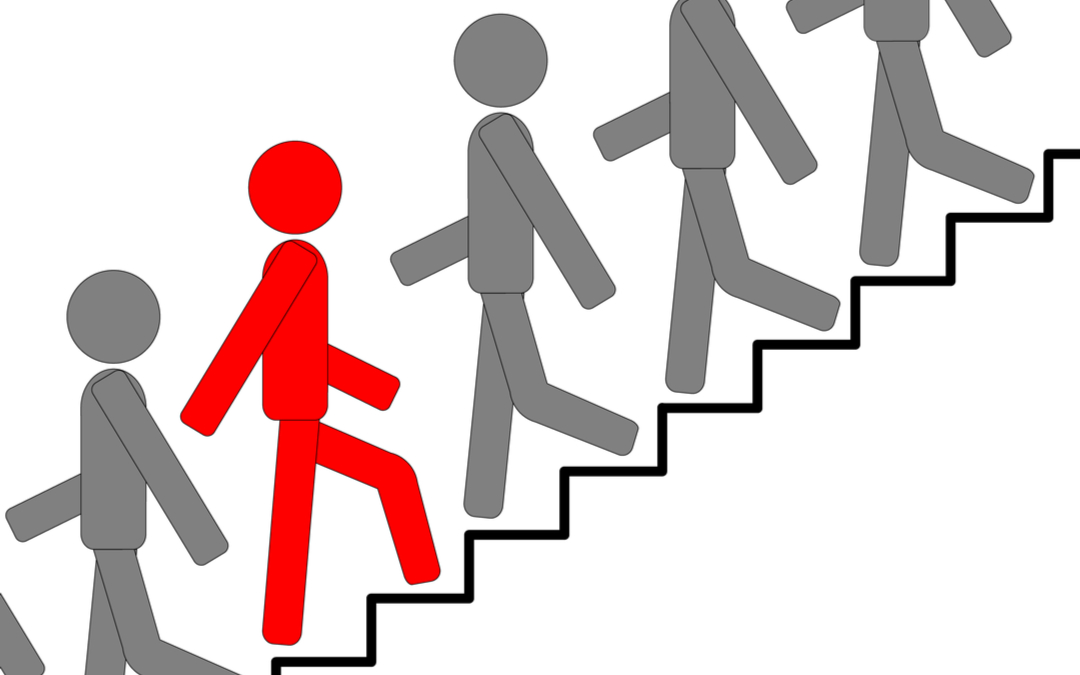In many situations we are able to draw associations or determine one situation resembles another. When individuals in leadership roles give of themselves so that others may have it is often associated with a negative connotation. Although giving and serving is not viewed in the political or religious aspect, leaders tend to develop their own views and formulate ideas that have been tampered with by politician or religious leaders. Many of the political and religious leaders have a major influence of the day-to-day operation and views of society.
We first have to know what leadership is. Leadership is the ability to get other to follow you willingly.… Read the rest




